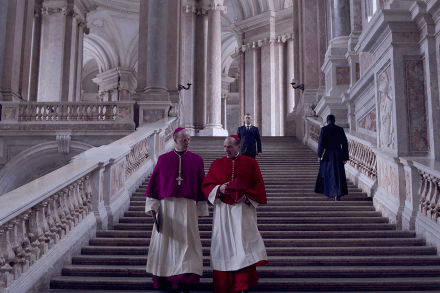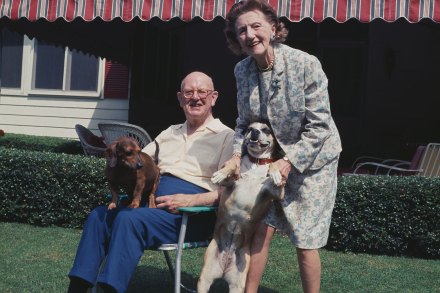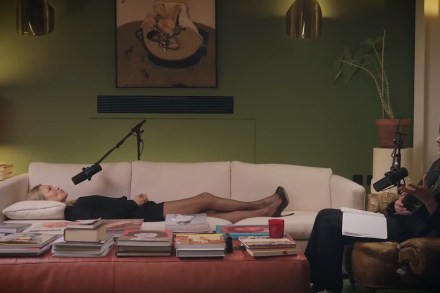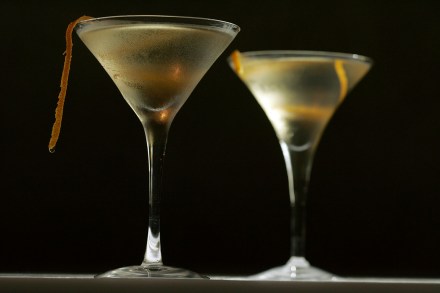My life after Today
Nearly a year after my final Radio 4 shift, my new interview podcast has launched, and the weeks are more varied than anything I’ve previously experienced. The main focus is of course the guest and the content of the next episode. But we’re often at different stages of two or even three interviews at the same time, and production questions take us in multiple directions. How recent is the headshot the illustrator is using for artwork? What’s the best headline for each version: audio, video, text, social? What about practical arrangements or special requests for the next recording? On that note, an interesting contrast between the two political leaders who




















